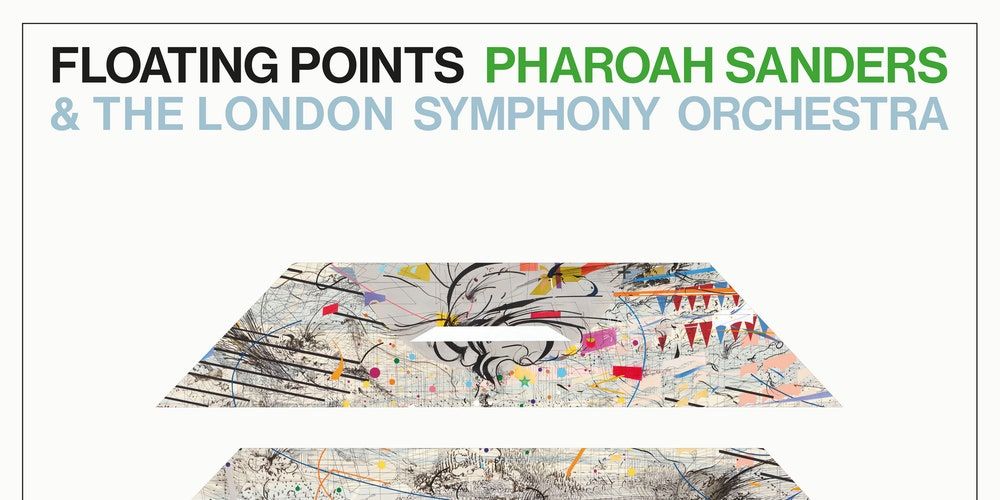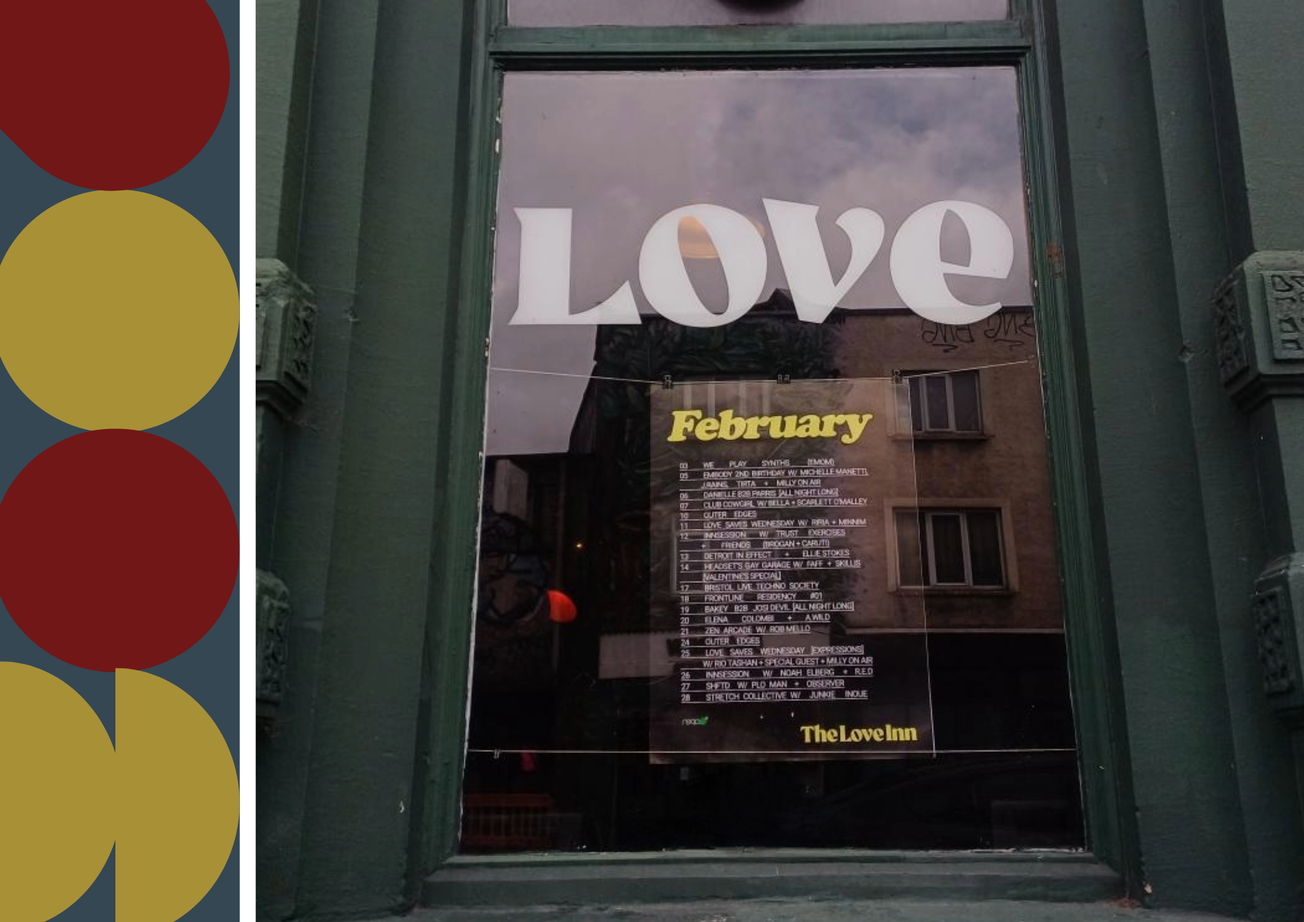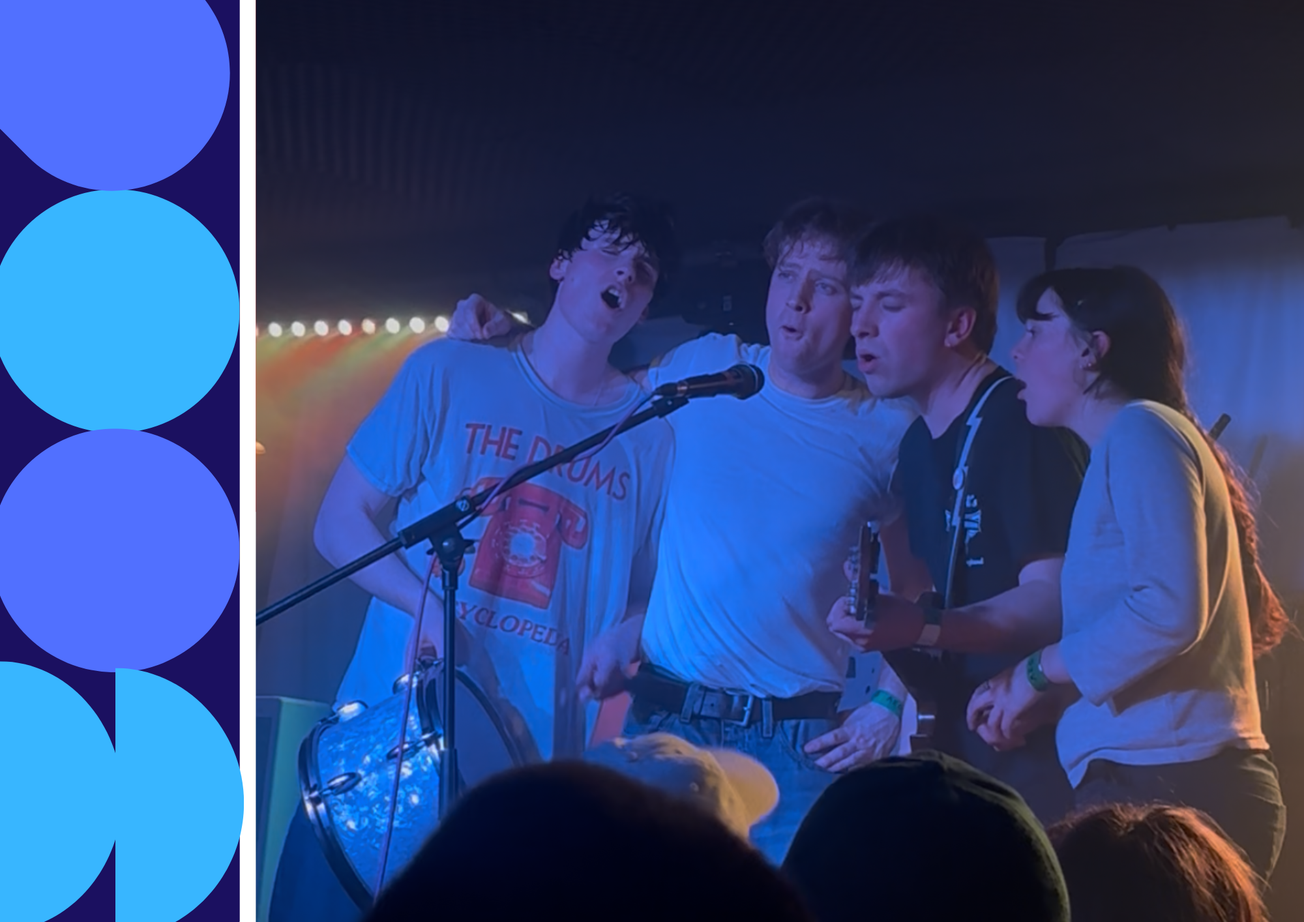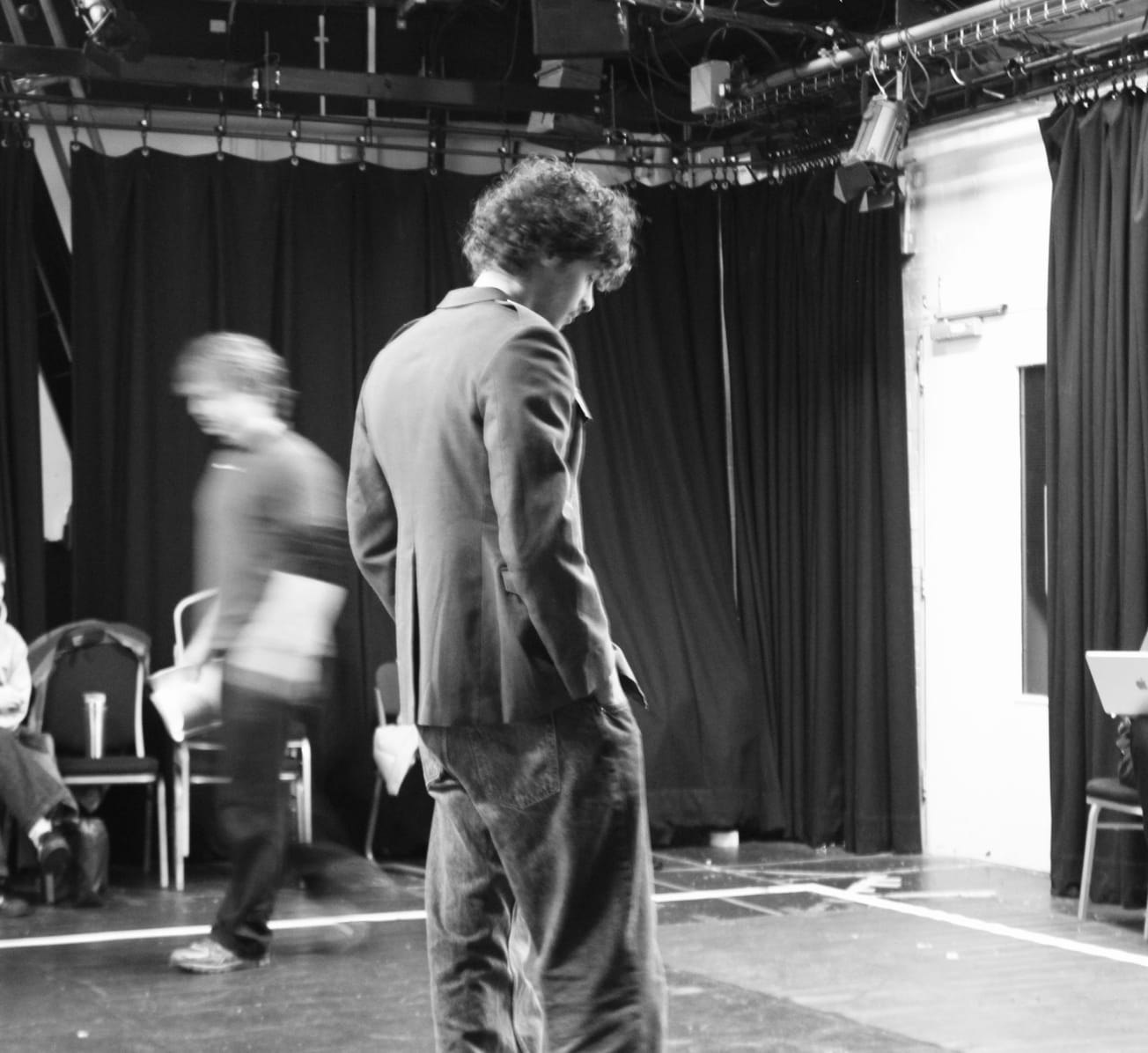By Gruff Kennedy, Postgraduate English
It’s a hell of a lineup for an album.
Floating Points is Manchester’s Sam Shepherd, a producer, DJ, artist, and doctor of neuroscience and epigenetics who has performed six-hour sets at Berghain and holds fellow indie electronica mavens Four Tet and Caribou among his close friends. Pharoah Sanders is a legendary jazz saxophonist and spiritualist who started performing in his native Little Rock while still in high school, used to sleep on Sun Ra’s couch, and not only played in John Coltrane’s band but influenced the fabled ‘Trane’s style and taste towards the end of his career. The LSO, the city’s oldest, has played under Edward Elgar, Georg Solti, Leonard Bernstein, and John Williams, among many others, and has appeared on over two hundred film soundtracks. These are all absolutely impeccable credentials, and on paper one would expect an instant masterpiece.
As much as I hate to say it, this is not quite the case. I cannot help but think that it doesn’t quite live up to the monumental promise offered by its roster. Make no mistake-- Promises is still a very good album indeed. It would be needlessly churlish to find fault with its gorgeous melange of gentle synths and strings, and so I won’t. Sanders is every bit the visionary and virtuoso he always has been, and his playing is the undisputed highlight of the album. This is especially staggering when you consider that he’s now 80 years old.
The album’s single 46-minute track is broken up into nine movements, and nearly every movement has at least one moment of genius. The brittle, stirring, swelling strings round the halfway point of Movement 6 are a masterstroke, as is the magnificently demented saxophone breakdown three quarters of the way through Movement 7. Sanders’ wordless vocalisations in Movements 3 and 4 are spectacular, as is the intriguingly moody conclusion to Movement 9. These incredible moments, however, are just a little too brief.
One of the main problems with the album is its sheer repetition. I am not at all against repetitive music in principle, but it has to be done right, and therein lies the rub. Henry Flynt’s You Are My Everlovin’, for example, is close in length to Promises, and never once goes stale despite its hypnotic loops and cycles. Dreamcrusher’s Youth Problem is grindingly, blisteringly unchanging, but no less exhilarating for it. Promises lacks the organic variation of Flynt’s magnum opus, and, unlike Youth Problem’s fevered four-minute punch, is much too long to get away with it.
Take the piano (or perhaps harpsichord?) leitmotif which opens Movement 1. It’s a brilliantly beguiling introduction, gradually building itself up to Sanders’ first note in wonderfully understated fashion. It is rather less fresh half an hour on, having cropped up basically unchanged roughly every ten seconds. Click at random through the movements on the streaming service of your choice, and the snippets you’ll catch will most likely sound eerily similar. The effect is patently intended to be celestial, patient, contemplative, but despite my best intentions I must confess that I found the album’s stubborn consistency a little wearying by its end.
Though this is a verdict that I honestly didn’t want to arrive at, Promises feels less than the sum of its parts. Something doesn’t quite add up, and the undeniable talent, vision, and character of each collaborator ends up feeling a little suffocated. There’s not enough of the strikingly juddering electric symphonies we’ve heard on previous Floating Points tracks such as Falaise, nor any uptempo nods to rave culture à la LesAlpx.
Sanders’ playing is as phenomenal as ever, but I can’t help but miss the lunatic invention and transporting spirituality seen on the likes of The Creator Has A Master Plan and You’ve Got To Have Freedom. The LSO shine every bit as bright as they always do, but here they lack the potent drama of a symphony orchestra at full tilt which is employed to such effect in, say, their recording of Janáček’s The Cunning Little Vixen, or their barnstorming performances for Star Wars.
I know Promises is its own project and these comparisons are probably completely unfair, but ultimately my mind can’t help but wander back to these triumphs and think what might have been. They shook me, inspired me, and stayed in my head for years afterwards, but Promises just drifts by- pleasantly, peaceably, perfectly competently- and leaves about as quickly as it came.
Featured: Luaka Bop
Have you listened to Promises?









